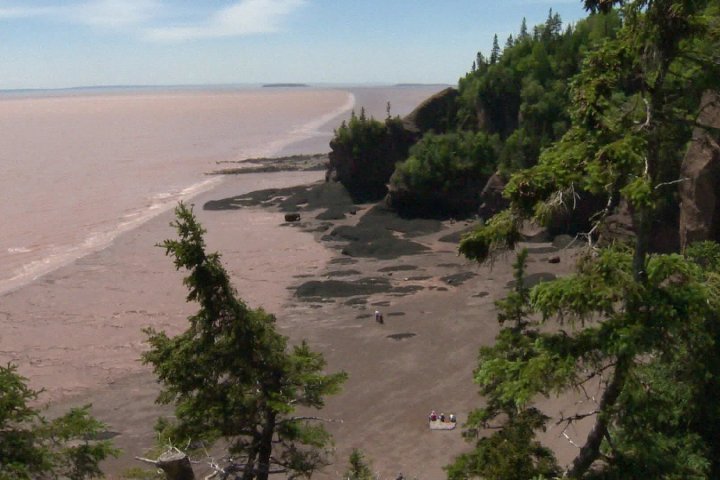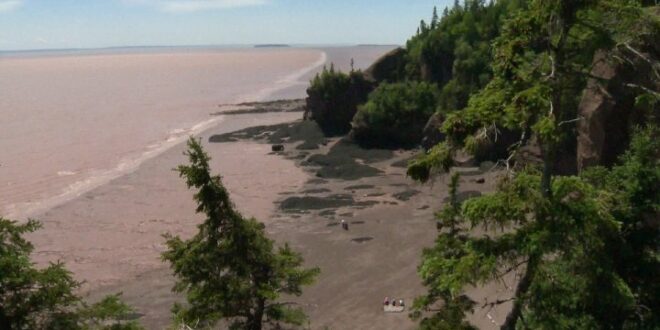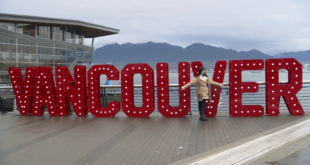
New Brunswick’s regional service commissions will soon be responsible for promoting tourism in their regions of the province.
The changes are part of sweeping local government reforms that are giving new powers and responsibilities to the 12 regional service commissions (RSC) and will see the boards become responsible for developing a multi-year tourism strategy in order to help grow the industry.
“This is going to be an improvement where each one of the regions is going to take a regional approach to tourism promotion. What they will invest in that will be up to each region, depending on the priorities,” said local government deputy minister Ryan Donaghy while appearing before a legislative committee.
The province’s RSCs are made up of a region’s mayors and local service district representatives and have mostly concentrated on coordinating services such as solid waste collection. But local government reforms will now task the boards with regional economic development and allow them to negotiate cost sharing for regional facilities.
Donaghy said the department wanted to expand the opportunities for regional cooperation and noted that the Acadian Peninsula Regional Service Commission had already been taking an active role in tourism marketing for some time.
With their new expanded roles, boards will be obligated to create a regional destination marketing organization or contract an existing one, create a multi-year tourism strategy, develop new tourism offerings, promote major events in the region and develop a regional tourism guide.
While the amount that RSCs decide to put into promotion will be up to the individual boards, they will have to fulfill the criteria set out above.
“There are minimum standards,” Donaghy said.
“So because this will be a mandated service they can’t simply set it aside or choose not to do it and there is going to be reporting publicly going forward on how much was spent, what they’re accomplishing.”
Budgets will be set by each individual RSC and municipalities will have to contribute a proportion based on their tax base. Back in 2019 the province gave municipalities the power to implement accommodation levies on hotels and campgrounds in order to raise money for tourism marketing, something he says will allow some to pay the new RSC fees.
According to the department, Bathurst is expecting to raise $125,000 from the levy this year, Saint Andrews is projecting $250,000 and Edmundston is looking to bring in $400,000. Dieppe, Miramichi, Saint John, Fredericton, Moncton, Shediac and St. George also have put in place accommodation levies.
But Liberal local government critic Keith Chiasson worries that some rural areas that have limited amounts of overnight visitors could be disadvantaged when it comes time to turn over their share of tourism funding to their RSC.
“Some of the regions have a lot of hotel accommodations, so they’re able to create a lot more revenue through the tax levies. Where some regions and rural areas — I’m thinking of maybe Tracy or I’m thinking maybe of northern New Brunswick — there’s very little hotel accommodations, which means there’s very little tax revenue to get from them,” he said.
“The larger areas with more hotel accommodations, they’re not going to have to dip in to their own budget to pay the fee to the RSC for tourism promotion where you go areas like the Restigouche, Acadian Peninsula, they’re going to have to go into their own budget.”
Donaghy said RSCs would get a one time $50,000 funding boost from the province to help create their tourism strategies, but won’t receive ongoing funding.
[ad_2]You can read more of the news on source
 Travelsmart
Travelsmart



